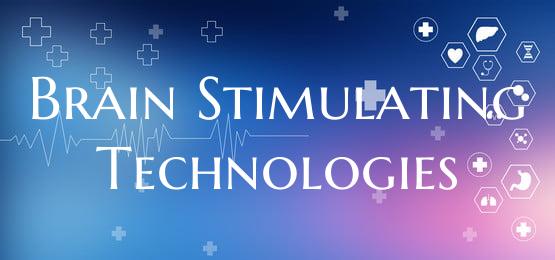
Brain Stimulating Technologies
Brain stimulating technologies have rapidly emerged as a promising field for enhancing cognitive functions and improving overall brain health. These innovative technologies offer a range of applications, from aiding in the treatment of neurological disorders to enhancing memory, attention, and learning capabilities in healthy individuals. By leveraging advanced neuroscientific principles and cutting-edge engineering, brain stimulating technologies have the potential to revolutionize how we understand and harness the power of the human brain.
One of the most prevalent forms of brain stimulation is transcranial magnetic stimulation (TMS), a non-invasive technique that uses magnetic fields to stimulate specific regions of the brain. TMS has shown promising results in treating conditions such as depression, anxiety, and chronic pain by modulating neural activity in targeted areas. Additionally, researchers are exploring the use of TMS for cognitive enhancement, with studies demonstrating improvements in memory, attention, and executive functions.
Another widely used brain stimulating technology is transcranial direct current stimulation (tDCS), which involves passing a low electrical current through the brain to modulate neuronal activity. tDCS has been studied for its potential to enhance learning and skill acquisition, with some experiments showing accelerated learning rates and improved cognitive performance in various tasks. This form of brain stimulation is also being investigated for its therapeutic potential in conditions like stroke rehabilitation and chronic pain management.
Brain-computer interfaces (BCIs) represent another frontier in brain stimulating technologies, allowing for direct communication between the brain and external devices. BCIs have the potential to revolutionize neurorehabilitation by enabling individuals with motor impairments to control prosthetic limbs or devices using their thoughts. Additionally, BCIs hold promise for cognitive enhancement by enhancing attention, memory, and decision-making processes through real-time neurofeedback training.
As brain stimulating technologies continue to evolve, ethical considerations regarding safety, privacy, and equal access to these technologies become paramount. It is essential for researchers, policymakers, and the public to engage in discussions about the responsible development and deployment of these technologies to ensure their ethical and equitable use.
In conclusion, brain stimulating technologies offer exciting possibilities for enhancing cognitive abilities and promoting brain health. By leveraging the power of advanced neuroscientific tools, researchers are paving the way for a future where we can unlock the full potential of the human brain. As these technologies continue to advance, it is crucial to approach their development and application with a thoughtful and ethical mindset to maximize their benefits for individuals and society as a whole.